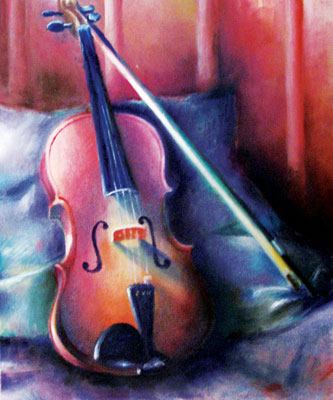All Nonfiction
- Bullying
- Books
- Academic
- Author Interviews
- Celebrity interviews
- College Articles
- College Essays
- Educator of the Year
- Heroes
- Interviews
- Memoir
- Personal Experience
- Sports
- Travel & Culture
All Opinions
- Bullying
- Current Events / Politics
- Discrimination
- Drugs / Alcohol / Smoking
- Entertainment / Celebrities
- Environment
- Love / Relationships
- Movies / Music / TV
- Pop Culture / Trends
- School / College
- Social Issues / Civics
- Spirituality / Religion
- Sports / Hobbies
All Hot Topics
- Bullying
- Community Service
- Environment
- Health
- Letters to the Editor
- Pride & Prejudice
- What Matters
- Back
Summer Guide
- Program Links
- Program Reviews
- Back
College Guide
- College Links
- College Reviews
- College Essays
- College Articles
- Back
Thoughts
When one mentions the phrase “necessary for thought”, a word that frequently enters the minds of most individuals is “consciousness”. While consciousness provides a suitable environment for consistent reflection and rational mental processing, one is still capable of thinking without it. To achieve this state of mind, many individuals meditate and find it calming. The true essence of meditation, however, is derived not from external or internal forces, but on one’s dismissal of trivial, societal, or material related matters, and newfound focus on concentration. Consciousness, contrary to popular belief, is not a necessarily physical condition nor the state of mind achieved by controlling one’s breathing, nor the act of being careful. When one is conscious, one will acknowledge oneself properly and within reason, and the matters before them with due attention and appropriate actions. In short, to be aware is to possess a balance between the two extremities - reason and passion, neither of which the world could do without.
Reason is not always the opposing force of passion, merely a counterpart. Without it, one’s mind would run adrift, attempting to mingle into the “common world” whims fabricated in one’s own world, that of original imagination. It cannot be argued that the world of imagination does not exist, for existence, philosophically, is evident. The so-called reality is the world that all organisms share with one another, a universe in which they coexist. Beyond a certain level of defiance of the basis upon which “reality” is founded, one loses one’s reason, and forfeits it, instead, to passion.
Still, the fact that few people lack passion in its entirety remains. Passion drives human dedication, pathos, and propels the actions driven by want rather than logic. From passion derives trust, which maintains familial and friendly relationships, allowing one to avoid loneliness and constructing society as a large collection of countries, subdivided by extended families and friendships. This has, in history, created a network of communication, creating rivalries and alliances, which cause conflicts and war. The earliest and most basic sort of passion was the will to survive, present in all organisms and the Paleolithic human, though this will to survive exists dimly in the contemporary human world. Only those who reside in relatively undeveloped areas or extreme living conditions will regard this dilemma directly and constantly. Due to the gradual modernization of human society and the development of currency, the survival problem has been replaced and viewed as need for money. Another idea closely related to the latter is the human desire for material possessions and wealth. This is a largely prevailing matter for both "haves" and "have-nots". Surprisingly, "haves" tend to desire more and expect more than "have nots". First, they are usually exposed to a myriad of possible possessions more than "have nots", since it is usually the citizens of countries not yet developed who live in more natural and supposedly "poor" environments, without exposure to extreme wealth. Additionally, there is Newton's law of inertia – once one gains a certain amount, one desire more and more – for once an object is set in motion, it will not stop until an external force acts upon it. As soon as a sort of object is gained, the owner gradually grows accustomed to having it, eventually taking it for granted, thus leading to another wish. Sheer gravity, however, cannot be deemed strong enough to break this craving. In conclusion, the animal will to survive has its variation and equivalent replacements, but justifies the fact that passion is present in all living beings on this temporal planet.

Similar Articles
JOIN THE DISCUSSION
This article has 0 comments.